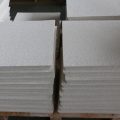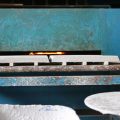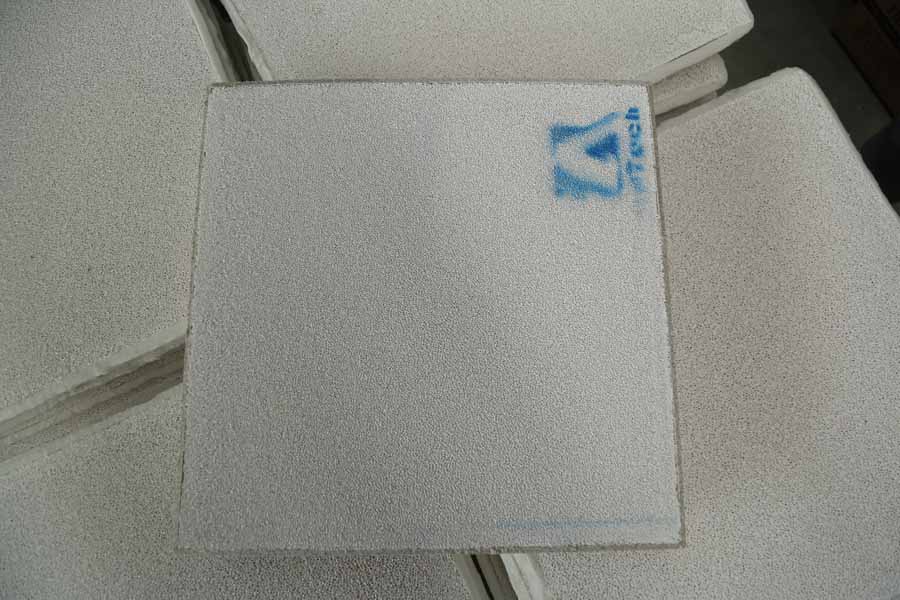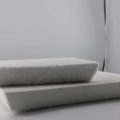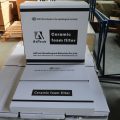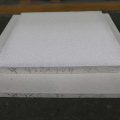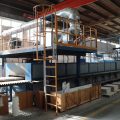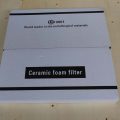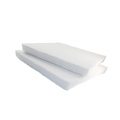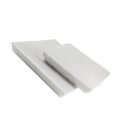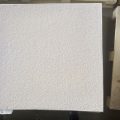Melting Loss Ceramic Filter has a foamed ceramic foam structure. The ceramic foam filter is generally used for filtering aluminum molten aluminum and aluminum alloy before pouring in aluminum melting and casting plants.
Melting Loss Ceramic Filter is produced on the basis of solid network structure carrier and organic foam unit. The production steps are as follows. The carrier is put into the thixotropic alumina slurry, and the square centering automatic extrusion process is adopted to make the slurry uniformly deposit on the foam skeleton of the carrier. After drying and solidification, it is baked to form a carrier and finally become the final product.
When aluminum melts at the beginning of the casting process, it becomes full of oxides, borides, salts, and other impurities, which may eventually appear as harmful inclusions in the final product. It is best to remove these inclusions before the aluminum solidifies. This is usually achieved by passing molten aluminum through a Ceramic Foam Filter China.
Molten metal usually contains solids such as metal oxides and other impurities, which may result in poorer properties in the final cast product. Molten Metal Filtration is used to remove these impurities from molten metal during the casting process. Generally, these filters are made of ceramic materials to withstand the high temperatures associated with molten metal.
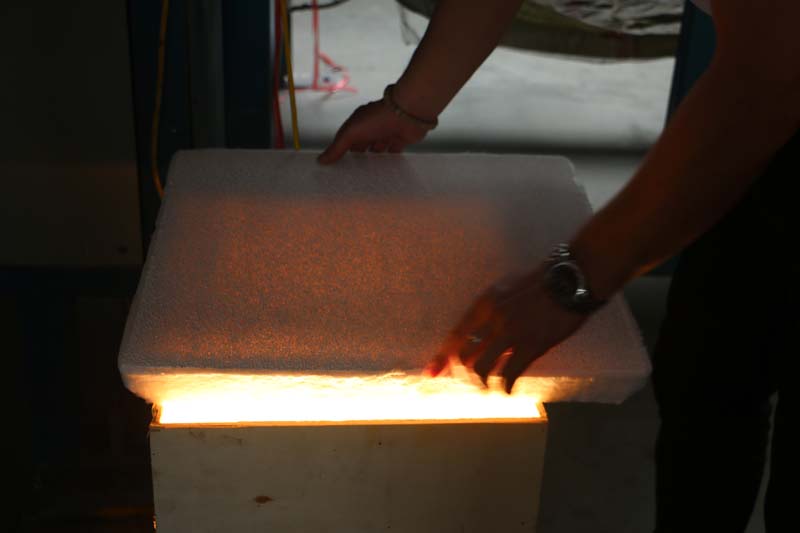
What are the main characteristics of aluminum and aluminum alloys
1. Low density: The density of aluminum is 2.7 about 1/3 of copper (8.9) or steel (7.8). The low density is very beneficial to the aerospace, ships, vehicles and other vehicles and buildings, and it can also save moving and processing costs, reduce costs, and be widely used in various fields such as industry, construction, and civil use;
2. Good corrosion resistance and weather resistance: Aluminum and aluminum alloys can form a hard and dense oxide film with good corrosion resistance in the atmosphere. Through surface treatment such as anodizing, electrophoretic painting, powder spraying, etc., it can be Further improve the corrosion resistance of aluminum;
3. Good decoration: Aluminum alloy has good plasticity, and can process various specifications and formed products. Through surface treatment, it can produce films with different properties and different colors, which has good decoration;
4. Good thermal conductivity: Aluminum has a high thermal conductivity, second only to silver, gold, and copper in metals, which is 3 times that of iron. Aluminum with the same weight is 12 times that of iron. Therefore, aluminum alloy is used to make heat sinks. , Good materials for heaters.

